Industrial operations are constantly changing and adapting new processes to boost productivity. In recent times, businesses have had to deal with a sudden rise in process complexity. In this article, we explore some of the technological developments in operational management.
1. Application of Predictive Maintenance to Enhance Operations
One of the biggest challenges for businesses in the construction, food, and beverage industry is maintenance. An hour of downtime can lead to thousands of dollars in losses. Because customers are demanding reliable services, most businesses are opting for predictive maintenance.
Using data, modern organizations can evaluate the performance of their equipment established performance metrics. A manager at a food processing plant can get insights when the machines are likely to fail. They can then apply the necessary adjustments to prevent downtime and maximize productivity.
2. More Focus on Employee Safety
In 2017, there were about 8.4 million employees within the construction sector in the US. While safety was always critical for industrial operations, the pandemic has raised those concerns to new levels. Organizations have to implement social distancing rules and monitor personnel going in and out of the plant.
Even SMEs are affected by the new regulations, compelling them to outsource to a process engineering group. The project group works with organizations of different sizes to provide solutions for safety and process optimization. That way, the plant can focus on enhancing its core functions.
3. The Value of Utilizing ERP Systems
An automation engineering company like the project group works with clients to apply ERP systems in optimizing operations. Enterprise Resource Planning systems can cut costs and provide precise real-time data to enhance decision-making.
4. Streamlining Applications Across the Enterprise
ERP applications have evolved considerably in the last two decades. In the past, the application was generic and included a set of features such as human resources and customer service. The most recent ERPs are custom-made for specific industries or processes.
The problem is that many organizations have multiple ERP systems that they ought to streamline. Different applications may exist due to upgrades, or you may have bought it with the business. The Project Group supports businesses in coordinating ERPs to enhance the potential for predictive analysis and maintenance.
5. Developing Organizational Structures that Facilitate Communications
As operations become more complex, there is also a need to enhance communications for decision-making. That could mean adjusting the hierarchical model and replace it with a more horizontal structure. Timely communications can boost productivity by up to 10%.
6. Portable Devices to Address Constraints
Another manufacturing process optimization trend is the utilization of mobile devices in the plant. The ubiquity of portable devices has encouraged organizations to tap into the resource to enhance communications. For example, personnel in a food processing plant can communicate from a remote location in real-time.
Whether you are in the construction or food industry, optimizing operations may involve an overhaul of your existing system. Training is also essential to allow for a smoother transition to the new system. You may need a team like The Project Group to work with you in enhancing different aspects of the process.


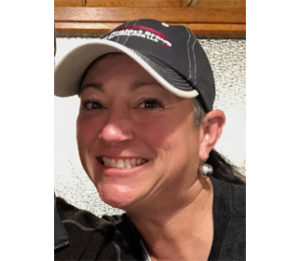 Pamela began her professional career in the broadcast industry while attending Tarleton State University. After graduating with a B.S. in Speech Communication in 1997, she worked at several radio stations in management roles focusing on continuity, music and production as well as serving as an on-air talent continuously for more than ten years. In 2010, Pamela accepted a position as the Assistant Marketing and Development Director for the Eisemann Center in Richardson, TX. Helping to promote, market and develop the City of Richardson’s performing arts center, she succeeded in implementing and managing all social media marketing as well as creating and directing a first-ever student art exhibit, further strengthening her marketing and organizational talents.
Pamela began her professional career in the broadcast industry while attending Tarleton State University. After graduating with a B.S. in Speech Communication in 1997, she worked at several radio stations in management roles focusing on continuity, music and production as well as serving as an on-air talent continuously for more than ten years. In 2010, Pamela accepted a position as the Assistant Marketing and Development Director for the Eisemann Center in Richardson, TX. Helping to promote, market and develop the City of Richardson’s performing arts center, she succeeded in implementing and managing all social media marketing as well as creating and directing a first-ever student art exhibit, further strengthening her marketing and organizational talents. Jason Krueger is the Director of Ranch and Real Estate Development for The Project Group Consulting, LLC. Jason has been managing and developing ranches for greater than 14 years, and has extensive sales management experience in the construction industry dating back to the late 90s. He is also a Wildlife Biologist/Ecologist with a B.S. in Wildlife Ecology from Texas A&M University in College Station.
Jason Krueger is the Director of Ranch and Real Estate Development for The Project Group Consulting, LLC. Jason has been managing and developing ranches for greater than 14 years, and has extensive sales management experience in the construction industry dating back to the late 90s. He is also a Wildlife Biologist/Ecologist with a B.S. in Wildlife Ecology from Texas A&M University in College Station.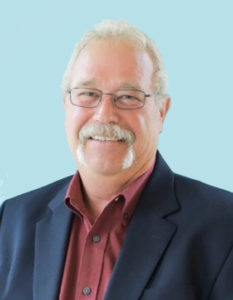 Bryant began his career at Crepaco warehouse in parts distribution and pump assembly. Then he progressed to field installation for process and ammonia systems where he oversaw welding and fitting both sanitary tubing and ammonia piping systems.He then moved to San Antonio, spent a year as a contract fabricator with H-E-B Foods working for Sanitary Welding Services. At the end of his contract he returned to the DFW area with Alloy Equipment doing installation, crew management, and scheduling. There he remained through the buyout by Statco Fabrication and Engineering, which resulted in his 25 combined years with them moving into engineering and sales departments.
Bryant began his career at Crepaco warehouse in parts distribution and pump assembly. Then he progressed to field installation for process and ammonia systems where he oversaw welding and fitting both sanitary tubing and ammonia piping systems.He then moved to San Antonio, spent a year as a contract fabricator with H-E-B Foods working for Sanitary Welding Services. At the end of his contract he returned to the DFW area with Alloy Equipment doing installation, crew management, and scheduling. There he remained through the buyout by Statco Fabrication and Engineering, which resulted in his 25 combined years with them moving into engineering and sales departments.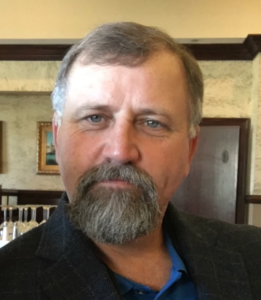 With more than 25 years in the food and beverage industry and extensive experience as a project manager, Tony has planned and led multi-million dollar projects relating to system upgrades, equipment installation, water quality, validations and process improvements. Some of his areas of expertise include project planning, quality assurance, process analysis, manufacturing systems, process design and problem resolution.
With more than 25 years in the food and beverage industry and extensive experience as a project manager, Tony has planned and led multi-million dollar projects relating to system upgrades, equipment installation, water quality, validations and process improvements. Some of his areas of expertise include project planning, quality assurance, process analysis, manufacturing systems, process design and problem resolution.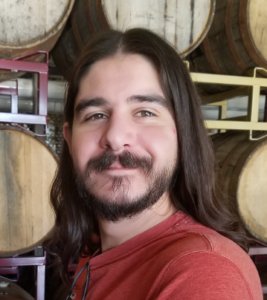 Tim is an electrical and control systems engineer with more than ten years of experience in a wide variety of industries. Project experience includes working with clients in the water/wastewater fields, pharmaceutical, cosmetics and food and beverage industries. Prior to his engineering work, Tim was a licensed water treatment plant operator in Texas. Tim’s strengths are process engineering, control system design, conveyor system design, and project management. He received his B. S. in Electrical Engineering from the University of Texas at Arlington. In his spare time, Tim enjoys working on cars, golfing, and billiards.
Tim is an electrical and control systems engineer with more than ten years of experience in a wide variety of industries. Project experience includes working with clients in the water/wastewater fields, pharmaceutical, cosmetics and food and beverage industries. Prior to his engineering work, Tim was a licensed water treatment plant operator in Texas. Tim’s strengths are process engineering, control system design, conveyor system design, and project management. He received his B. S. in Electrical Engineering from the University of Texas at Arlington. In his spare time, Tim enjoys working on cars, golfing, and billiards.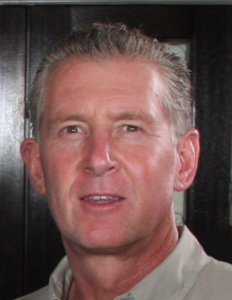 Michael has thirty-five years of diversified experience in project management and engineering, equipment and systems design, and manufacturing and production. Michael holds a Bachelor of Science degree in Mechanical Engineering from Texas A&M University.
Michael has thirty-five years of diversified experience in project management and engineering, equipment and systems design, and manufacturing and production. Michael holds a Bachelor of Science degree in Mechanical Engineering from Texas A&M University.